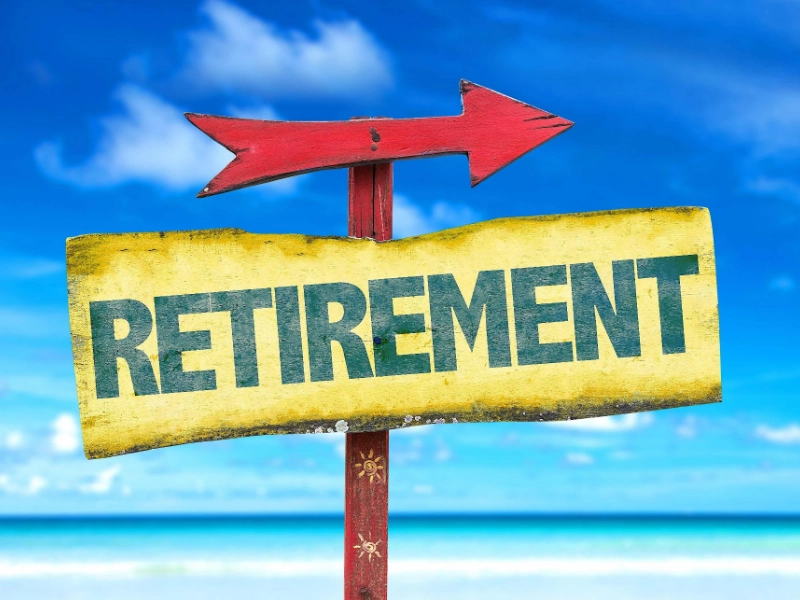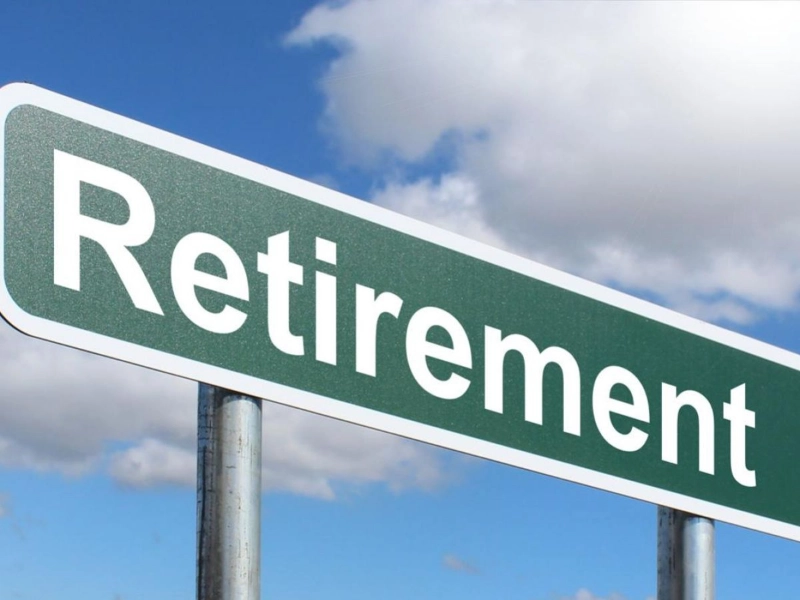Living Expenses

Everyone is at risk from inflation, but older people relying solely on their savings may find it particularly challenging. It's possible for prices to increase more quickly than your income, which would swiftly erode your assets' purchasing power and lower your income.
A cost-of-living adjustment is sometimes included in pension payments to retirees, which helps to mitigate the effects of inflation. To cover necessities, however, a large number of retirees rely on Social Security payments and retirement assets like 401(k)s and IRAs.
These low-growth investments may lose value due to inflation, so it's critical to check your plan on a regular basis and make any required adjustments. Higher costs won't have as much of an impact on individuals who handle their finances well as on others who are ill-prepared. It is important to understand how inflation impacts the many types of income you will have in retirement, regardless of your age. This will assist you in developing a strategy that can withstand pressure from inflation.
Costs

Whether you're living the good life or preparing for retirement, inflation affects how much you spend and how you spend it. The U.S. Bureau of Labor Statistics states that it can weaken the value of low-growth assets and lower the buying power of your funds.
The impact can be most noticeable for retirees, especially those on fixed incomes. According to Blacklock, it's critical that those who are approaching or have already reached retirement collaborate with financial experts to determine their objectives and investment plan.
To select the best option for your particular circumstances, Blacklock advises, for instance, comparing online savings accounts that charge higher account fees with those that offer high interest rates. By doing this, you'll maximize your financial resources and lessen the impact of inflation on your spending plan. Furthermore, a pension or Social Security may be able to offer some degree of inflation protection due to their guaranteed income source. However, these choices don't always keep up with growing costs, so you must continue to be frugal with your money.
Investing

While some inflation is seen as a positive indicator of a thriving economy, it can also drastically reduce the purchasing power of seniors' assets and income sources. The value of retirement funds held in 401(k)s, IRAs, and 529 college savings plans can also be diminished by inflation, as can the purchasing power of Social Security payouts.
According to Blacklock, investors need to carefully examine their exposure to inflation risk at every stage of life in order for a retirement strategy to be effective. Those who are still saving can attempt to offset inflation by making investments in assets like short-term bonds or Treasury inflation-protected securities, which have a tendency to appreciate in value.
In addition, retirees should search for methods to minimize their spending by making the most of coupons, utilizing free or inexpensive local services, and reducing superfluous spending. To offset price increases, they can also postpone any significant anticipated expenses or take up a part-time job.
Social Security

Social Security benefits, which are yearly adjusted for rises in the consumer price index (CPI), may lose some of their purchasing power due to inflation. The prices of products and services utilized by consumers, including things bought by retirees, are measured by the CPI. According to the Senior Citizens League, the CPI rose by more than 14.1% during the year that ended in February, driving up the price of prescription medications, bread, and eggs.
Many retirees rely on pensions to provide them with a regular income, but if they don't include cost-of-living adjustments, they may also be susceptible to inflation. The value of lump-sum payouts may decrease over time as interest rates rise and inflation rises, reducing these benefits.
According to Blacklock, it's critical that consumers assess their spending patterns on a regular basis and make necessary adjustments during times of high inflation. This can entail adjusting spending by downsizing, relocating to a less expensive area, or combining residences with a spouse. Additionally, keeping money in interest-bearing accounts like money markets or savings accounts can help maintain the purchasing value of cash during inflationary times.
Recommended Reading: Providing Access to Credit and Financial Services through Payday Loans and Financial Inclusion
























Surfaces leverage points early.
Elegant constraint application.
Good anti-bikeshedding structure.
Anyone tested this under pressure?